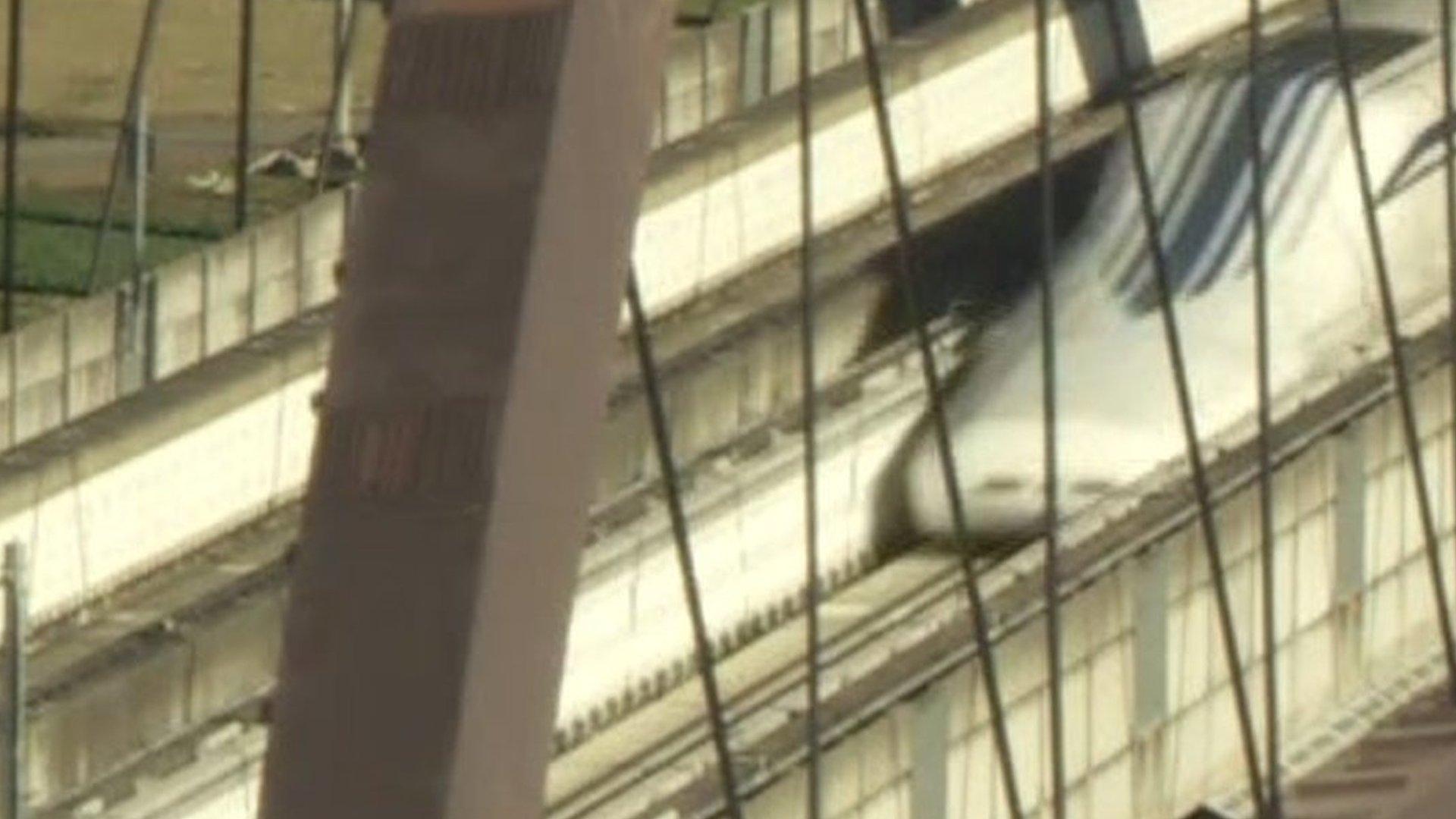Apology after Japanese train departs 20 seconds early
- Published
- comments
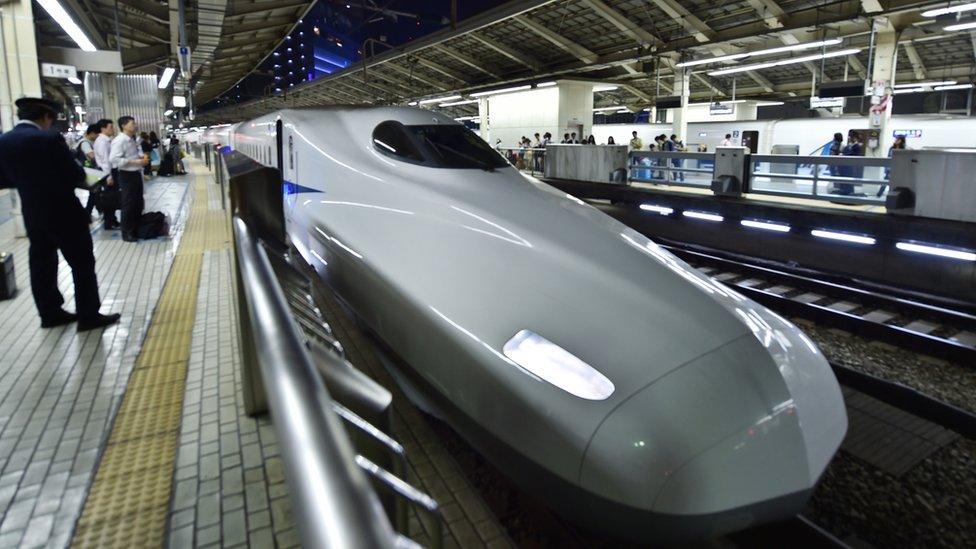
Japan has one of the world's most reliable railways and is known for its Shinkansen bullet trains (pictured)
A rail company in Japan has apologised after one of its trains departed 20 seconds early.
Management on the Tsukuba Express line between Tokyo and the city of Tsukuba say they "sincerely apologise for the inconvenience" caused.
In a statement, the company said the train had been scheduled to leave at 9:44:40 local time but left at 9:44:20., external
Many social media users reacted to the company's apology with surprise.
Allow X content?
This article contains content provided by X. We ask for your permission before anything is loaded, as they may be using cookies and other technologies. You may want to read X’s cookie policy, external and privacy policy, external before accepting. To view this content choose ‘accept and continue’.
Allow X content?
This article contains content provided by X. We ask for your permission before anything is loaded, as they may be using cookies and other technologies. You may want to read X’s cookie policy, external and privacy policy, external before accepting. To view this content choose ‘accept and continue’.
The mistake happened because staff had not checked the timetable, the company statement said.
"The crew did not sufficiently check the departure time and performed the departure operation," it said.
It added that no customers had complained about the early departure from Minami Nagareyama Station, which is just north of Tokyo.
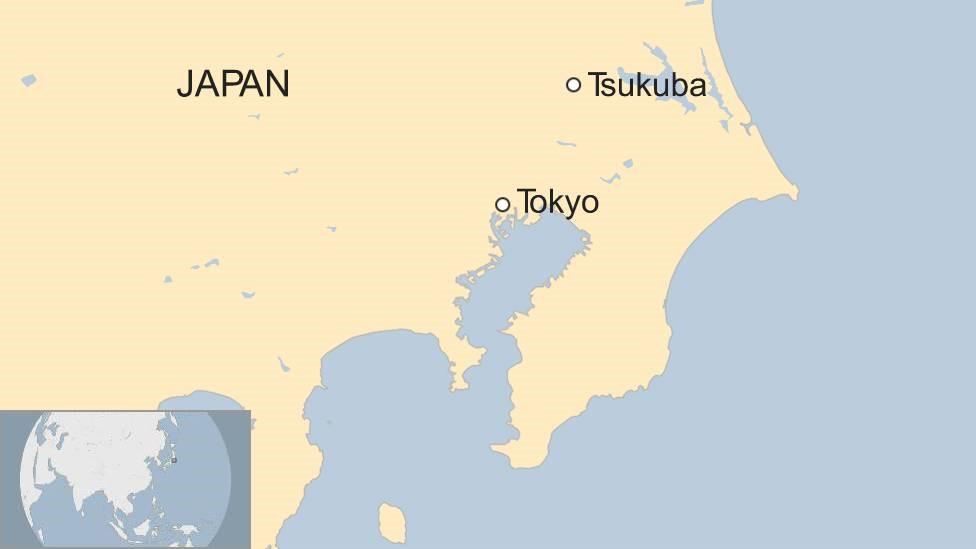
The Tsukuba Express line takes passengers from Akihabara in eastern Tokyo to Tsukuba in about 45 minutes.
It is rare for trains in Japan, which has one of the world's most reliable railways, to depart at a different time to the one scheduled.
The country's Tokaido line, which runs from Tokyo to the city of Kobe, is by far the world's busiest and carries nearly 150 million passengers a year.
Impressed railway users worldwide tweeted the story to their local train operators - particularly in Britain, where rail services are often delayed.
Allow X content?
This article contains content provided by X. We ask for your permission before anything is loaded, as they may be using cookies and other technologies. You may want to read X’s cookie policy, external and privacy policy, external before accepting. To view this content choose ‘accept and continue’.
Allow X content?
This article contains content provided by X. We ask for your permission before anything is loaded, as they may be using cookies and other technologies. You may want to read X’s cookie policy, external and privacy policy, external before accepting. To view this content choose ‘accept and continue’.
Allow X content?
This article contains content provided by X. We ask for your permission before anything is loaded, as they may be using cookies and other technologies. You may want to read X’s cookie policy, external and privacy policy, external before accepting. To view this content choose ‘accept and continue’.
- Published14 September 2017
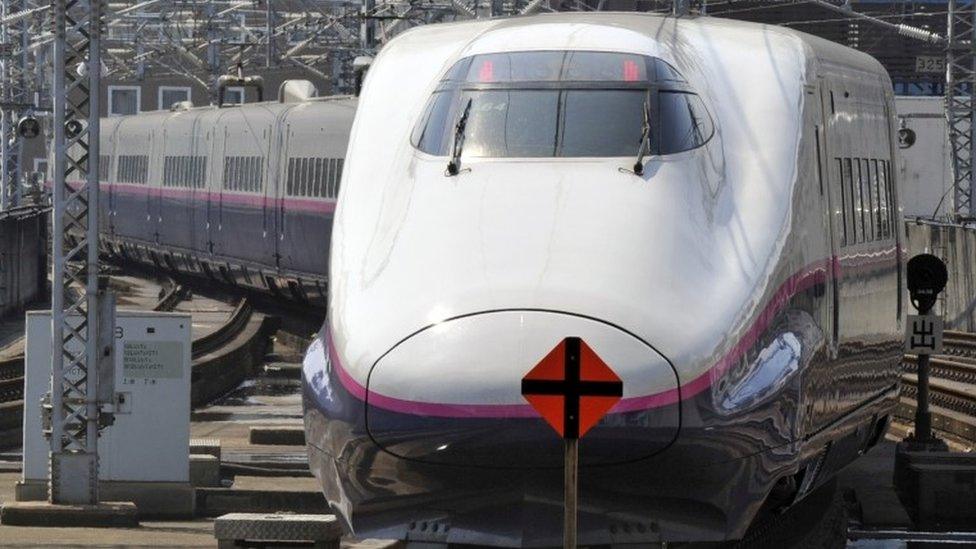
- Published28 October 2016
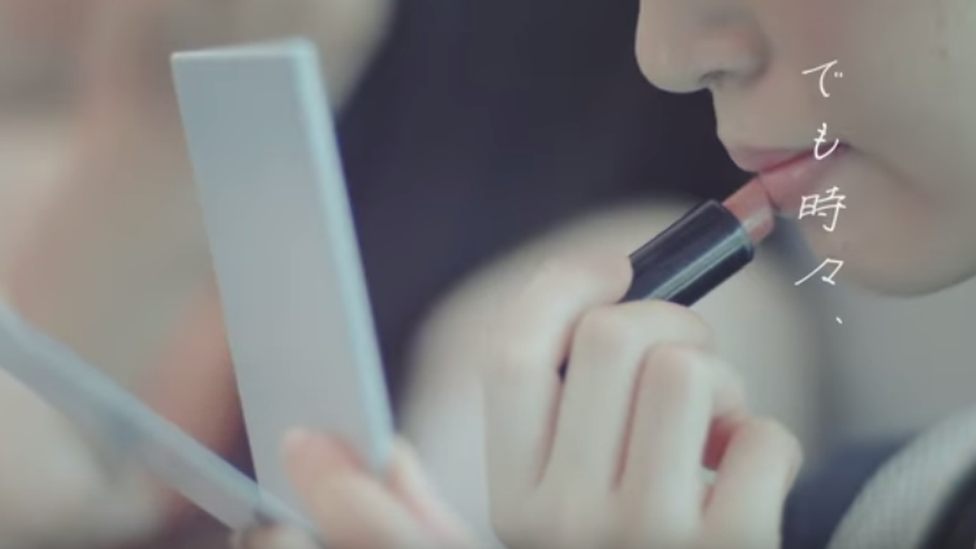
- Published24 November 2015
